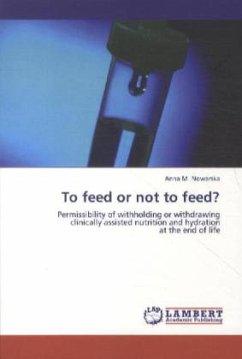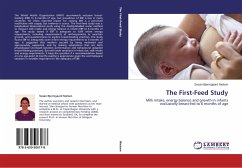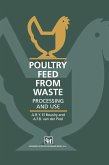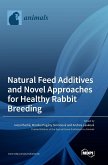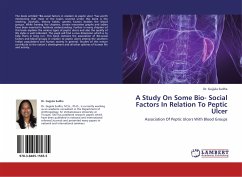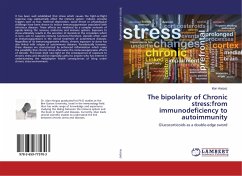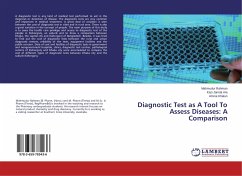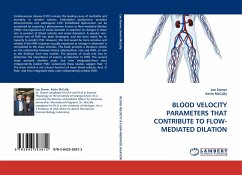The issue of withholding and withdrawing clinically assisted nutrition and hydration (CANH) for imminently dying patients is very contentious. There is no agreement between medical professionals, ethicists and patients families. Problem of forgoing CANH is subject of a fierce and sometimes emotional debate. The Author makes an attempt to examine current clinical evidence on withdrawing and withholding CANH at the end of life. She tries to assess whether it is always beneficial for a patient to provide CANH or whether providing CANH may sometimes cause more harm than good. As the Catholic ethical standpoints are sometimes perceived as based on solely ideological presumptions, the Author calls for an in-depth analysis of the Catholic perspective on forgoing CANH. She argues that the actual position of the Catholic Church on this issue is consistent with current medical knowledge.
Bitte wählen Sie Ihr Anliegen aus.
Rechnungen
Retourenschein anfordern
Bestellstatus
Storno

